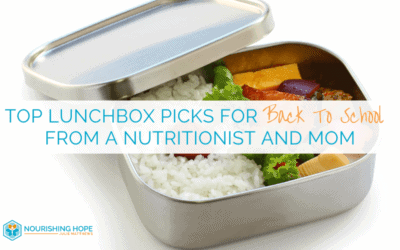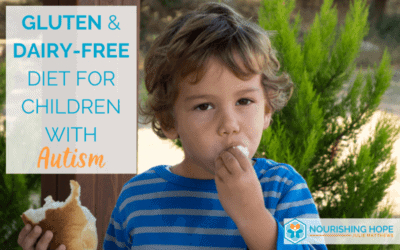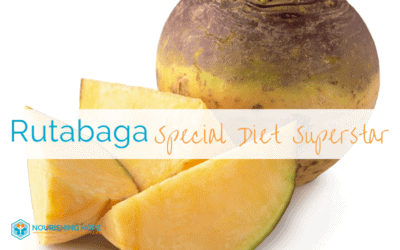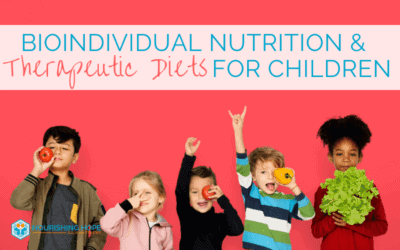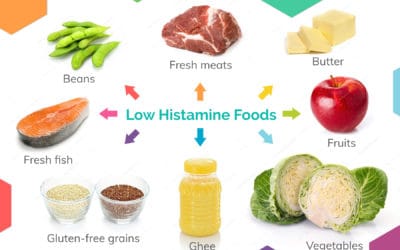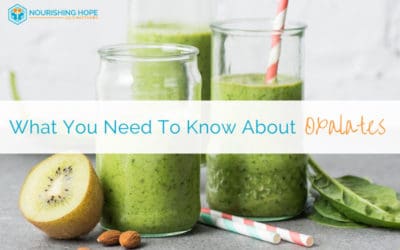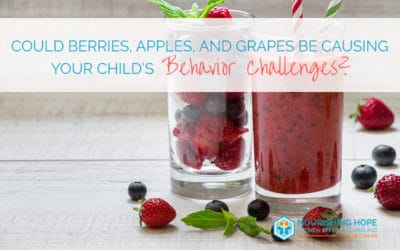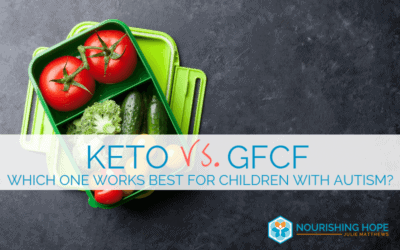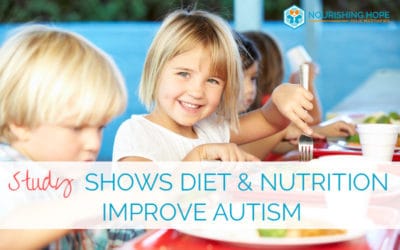Personalized Nutrition/Special Diets
Every child is unique and so are their nutritional needs. Our underlying body systems, biochemical factors, and nutrient deficiencies shape the foods that are best (and not best) for each of us individually. You can gain an overview on personalized nutrition and special diets here.
And explore all of our articles on special diets and BioIndividual Nutrition® strategies (my proven methodology for personalized nutrition) below.
Top Lunchbox Picks for Back to School from a Nutritionist and Mom
I have to admit that as a nutritionist and a mom, I’m a bit obsessed with lunchboxes and finding the perfect non-toxic lunch containers for my daughter (and myself). I own and have tried many. While all of my choices at home are BPA-, phthalate- and lead-free, I’m...
Gluten-Free and Dairy-Free Diet for Autism
Choosing to implement a gluten-free and dairy-free diet for a child with autism can be beneficial in many ways. Reports from parents include improvements in cognition, receptive and expressive language, development, skin conditions, as well as reduction in behaviors,...
Rutabagas – The Hidden Gem for Most Special Diets
The Rutabaga, also known as a swede, Swedish turnip (though distinctly different than a turnip), and neep (in Scotland). Rutabagas are root vegetables and a member of the cruciferous or brassica family, which includes broccoli, cauliflower, cabbage, Brussels sprouts,...
BioIndividual Nutrition and Therapeutic Diets
Personalizing Your Diet and Nutrition Approach Once you’ve made changes in your child’s diet (or even your own) and seen some improvements, now it’s time to customize your approach, optimizing the food your child eats to suit their unique needs. There are many special...
What You Need to Know About a Low Histamine Diet
Is your child experiencing a regression right now? Inflammatory response going haywire, despite their usual dietary patterns? Maybe it seems like your child seem is going through a yeast flare despite anti-candida diets or maybe even anti-fungal therapy. What about...
What You Need To Know About Oxalates
Oxalates are highly reactive molecules found in certain foods. They create pain and inflammation in the body, particularly for certain people. Oxalates are found in high amounts in spinach, swiss chard, nuts, sweet potatoes, beets, chocolate, and many other foods....
Could berries, apples, and grapes be causing your child’s behavior challenges?
What do berries, apples, and grapes have in common? Salicylates. A vast majority of children with autism and ADHD in my nutrition practice have salicylate reactions. The most common symptoms are red cheeks. red ears,...
The Ketogenic Diet vs. a Gluten-Free Casein-Free Diet: Which One Works Best for Children with Autism?
With the popularity of the ketogenic (keto) diet these days and the amazing results people are reporting, my clients have been asking whether the ketogenic diet is right for their child with autism. I have been looking for good science that can guide us as to whether...
Autism symptoms improve with better diet and nutrition, 1-year study concludes
Nutritional and dietary intervention is effective at improving non-verbal IQ, autism symptoms, developmental age in children and adults with ASD. I’m very excited to share the results of a new scientific study on autism: this is my first published paper! You read that...


